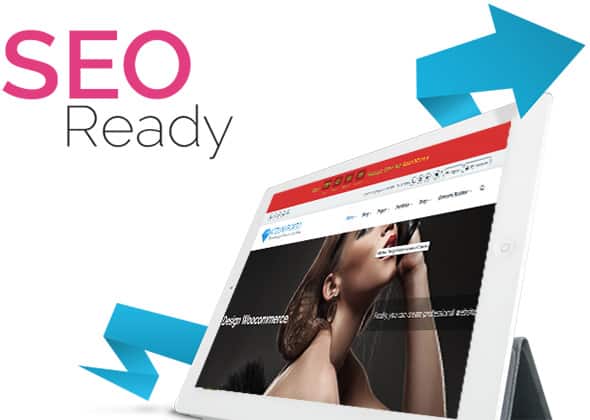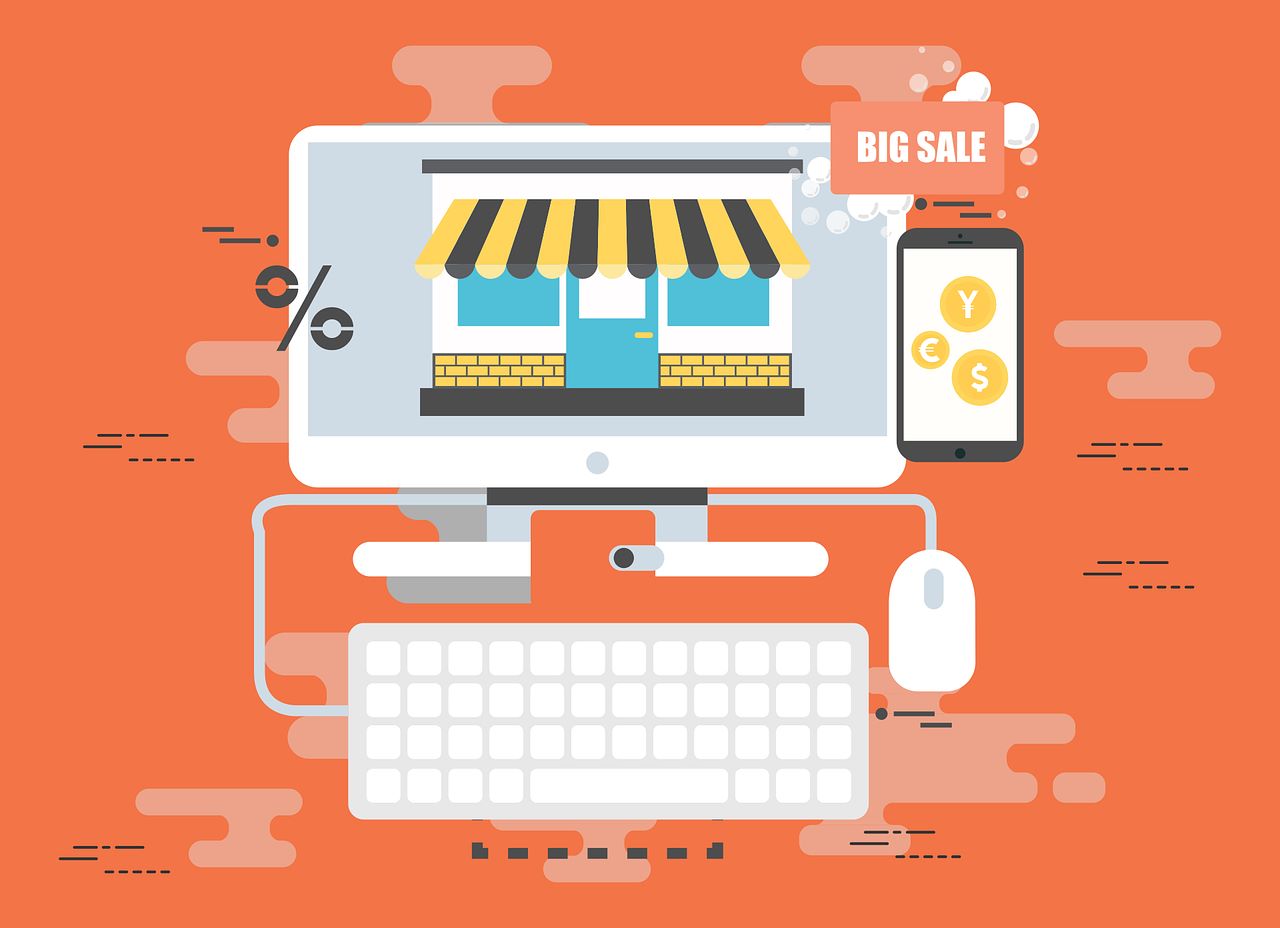Ensuring Scalability in E-commerce: Choosing a Platform That Grows with Your Business
In the rapidly evolving world of e-commerce, scalability is not just a feature but a necessity for any online retail business aiming for long-term success.
Scalability refers to the ability of an e-commerce platform to handle growth in customers, sales, and product offerings without compromising performance or user experience.
This article explores the importance of scalability and offers guidance on selecting a platform capable of supporting your business as it expands.
The Importance of Scalability
As businesses grow, they encounter increased traffic, more transactions, and greater complexity in operations.
A platform that isn’t scalable can lead to slow website performance, downtime, and a frustrating customer experience, which can all negatively impact sales and brand reputation.
Therefore, ensuring your e-commerce platform can scale with your business is crucial for maintaining operational efficiency and customer satisfaction.
Key Features for Scalability
When evaluating the scalability of an e-commerce platform, consider the following features:
-
Robust Infrastructure
Look for platforms built on a robust infrastructure that can manage high volumes of traffic and transactions.
Cloud-based solutions are often ideal for scalability as they allow resources to be easily adjusted based on demand.
-
Flexible Product Management
As your product range expands, managing them efficiently becomes critical.
A scalable platform should offer flexible product management features that make it easy to add new products, categories, and variations without overwhelming the system.
-
Advanced Performance Optimization
Features like content delivery networks (CDN), caching solutions, and image optimization can help ensure your site remains fast and responsive as it grows.
These technologies reduce the load on your servers and improve the shopping experience for your customers.
-
Seamless Integration Capabilities
Your e-commerce platform should integrate seamlessly with other business tools and systems (such as ERP, CRM, and inventory management systems) as your operations become more complex.
Look for platforms with a wide range of integration options or open APIs that allow for custom connections.
-
Customizability and Extensibility
As your business evolves, you may need to customize your platform or extend its functionality.
Platforms that offer extensive customization options through plugins, extensions, or an open-source codebase can adapt more easily to changing business needs.
Strategies for Ensuring Scalability
Assess Your Long-term Business Goals
Understand your business’s growth trajectory and how you envision its evolution over the next few years.
This foresight will guide your platform selection, ensuring it can accommodate your future needs.
Prioritize Performance and Reliability
Evaluate the platform’s performance under high traffic and transaction volumes.
Consider platforms known for their reliability and uptime, as any downtime can have a significant impact on sales and customer trust.
Consider the Total Cost of Ownership
While some platforms may seem cost-effective initially, it’s important to consider the total cost of ownership, including the costs associated with scaling up.
These might include increased subscription fees, transaction fees, or the cost of additional plugins and extensions needed to support growth.
Seek Expert Opinions and Case Studies
Look for case studies or seek advice from businesses that have successfully scaled using the platform.
Their experiences can provide valuable insights into the platform’s scalability and potential limitations.
Choosing a scalable e-commerce platform is a critical decision that can significantly impact the future success and growth of your business.
By prioritizing scalability in your selection criteria, you ensure that your online retail operation is built on a foundation capable of supporting your business’s evolving needs.
The right platform is one that not only meets your current requirements but also has the capacity to grow and adapt with your business over time.
Cost and Pricing Models in E-commerce Platforms
Choosing the right e-commerce platform for your online business involves more than just comparing features and functionalities.
An equally critical factor to consider is the cost associated with using the platform, commonly referred to as the total cost of ownership (TCO).
The TCO encompasses all expenses tied to the platform, including setup fees, monthly subscriptions, transaction costs, and any additional charges that may arise as you scale your business.
Understanding these costs and the various pricing models of e-commerce platforms is essential for making an informed decision that aligns with your budget and business objectives.
Breaking Down the Total Cost of Ownership
Setup Fees
Some e-commerce platforms charge an initial fee to create and launch your online store.
These costs can vary widely depending on the platform’s complexity and the level of customization required.
While many platforms now offer “out-of-the-box” solutions with minimal setup fees, businesses seeking extensive customization may incur higher initial costs.
Monthly Subscriptions
Most e-commerce platforms operate on a subscription model, charging a monthly fee for using their services.
These fees can range from relatively low costs for basic plans to higher fees for advanced plans that offer more features, such as increased product listings, additional storage, or improved analytics tools.
It’s crucial to assess which plan aligns with your current needs while considering potential upgrades as your business grows.
Transaction Costs
Transaction fees are charges applied to each sale made through the platform.
These fees are typically a percentage of the sale price, and in some cases, a fixed fee per transaction.
The rate can vary based on the chosen payment gateway and the platform itself.
For businesses with high sales volumes, even a small difference in transaction fees can significantly impact profitability.
Additional Costs
- Themes and Design: Customizing the look and feel of your store might require purchasing themes or hiring designers.
- Plugins and Extensions: While basic platform functionalities might suffice initially, scaling your business could necessitate additional plugins and extensions, which often come at an extra cost.
- Bandwidth and Storage: Exceeding the allotted bandwidth or storage space provided by your plan can incur additional fees.
- Support and Maintenance: Advanced support services, such as dedicated account managers or 24/7 technical support, may require additional payments.
Pricing Models of E-commerce Platforms
E-commerce platforms typically adopt one of the following pricing models:
- Flat-rate Pricing: A fixed monthly fee that includes all features offered by the platform. This model is straightforward but may include transaction fees.
- Tiered Pricing: Different pricing levels based on the set of features or the volume of sales. This model allows businesses to scale their operations within the platform.
- Pay-as-you-go: Charges based on actual usage, such as transaction fees or storage used. This model can be cost-effective for startups but unpredictable as you scale.
- Freemium Models: Basic services are offered for free, with charges for advanced features or additional services. This model can be an attractive entry point but might become costly as additional features are needed.
Strategies for Managing E-commerce Platform Costs
- Clearly Define Your Needs: Understand the features and services essential for your business to avoid paying for unnecessary functionalities.
- Plan for Growth: Consider the scalability of the platform and potential future costs as your business expands.
- Monitor Usage and Costs: Regularly review your platform usage to identify areas where costs can be optimized, such as downgrading your plan during slower periods.
- Negotiate Terms: Don’t hesitate to negotiate terms with the platform provider, especially if your business generates significant sales volume.
The total cost of ownership is a critical factor in selecting an e-commerce platform.
By thoroughly understanding the associated costs and pricing models, businesses can choose a platform that not only meets their operational needs but also aligns with their financial capabilities.
An informed decision in this area can pave the way for sustainable growth and profitability in the competitive landscape of online retail.












